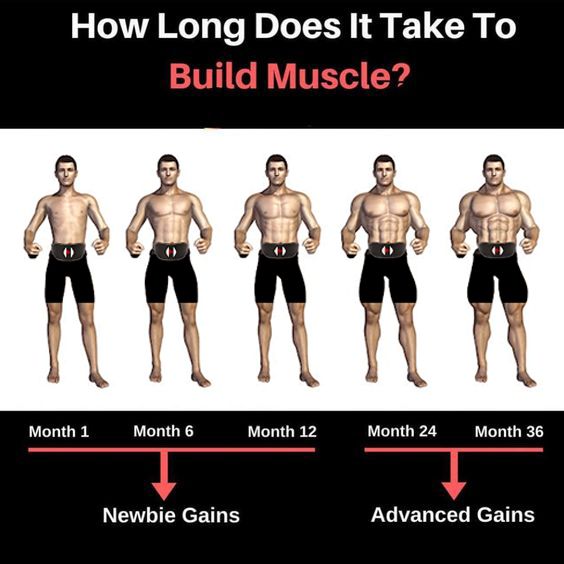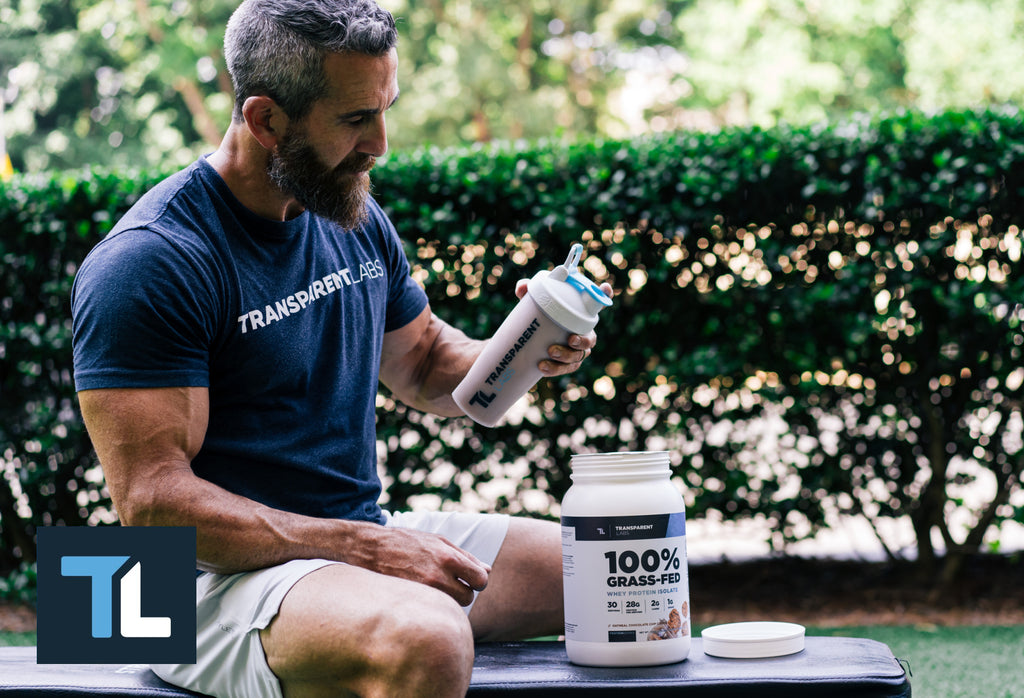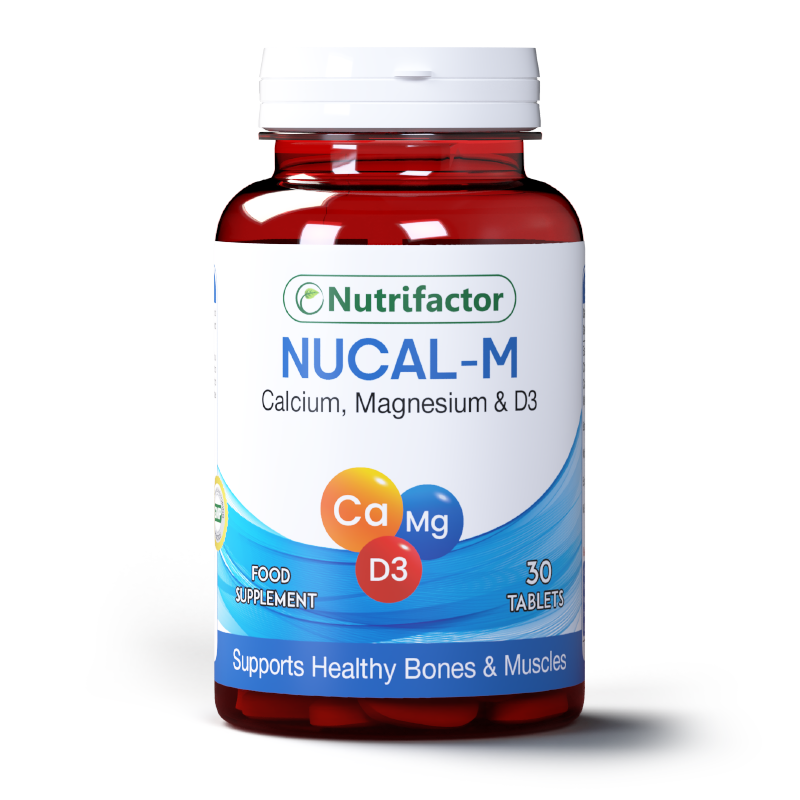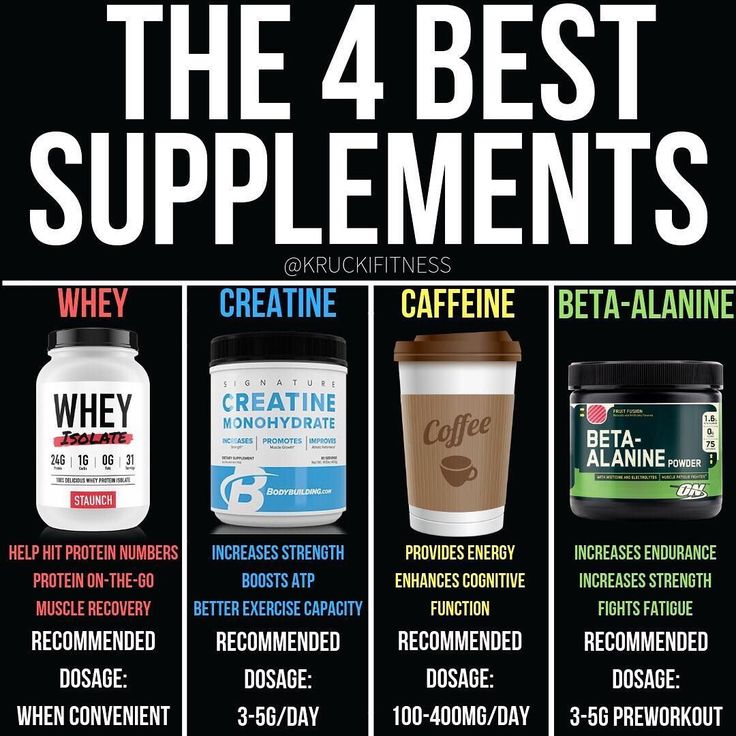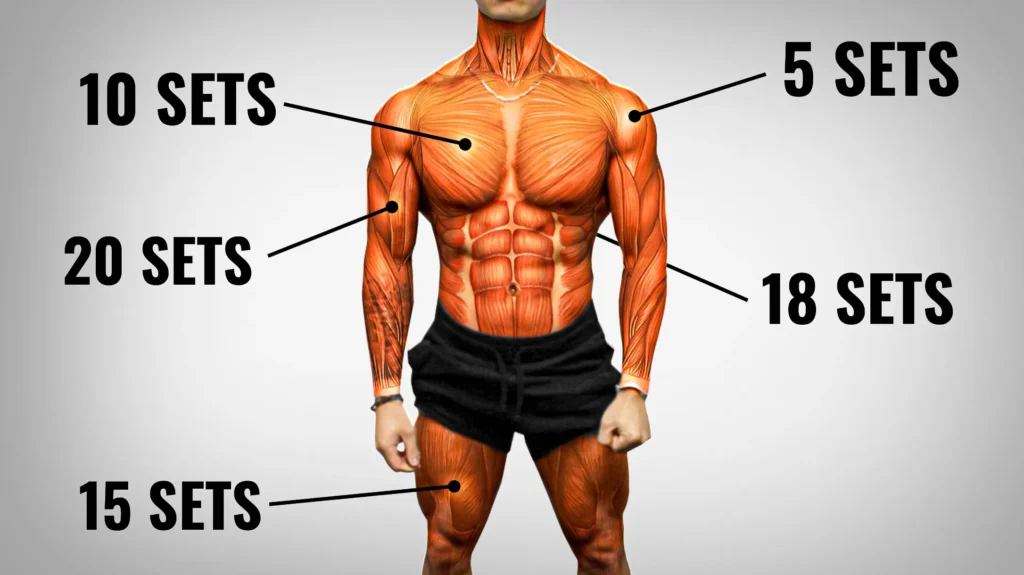**How Much It Takes to Build Muscle**Building muscle typically takes about 6-12 weeks of consistent strength training and proper nutrition. Individual results may vary based on genetics and effort.
To build muscle, engage in regular strength training exercises and consume a balanced diet rich in protein. Consistency is key to seeing progress. Aim for 3-4 workout sessions per week, focusing on different muscle groups. Adequate rest and recovery are also crucial.
Your body needs time to repair and grow muscle tissues. Incorporate a variety of exercises to target all major muscle groups. Monitor your progress and adjust your routine as needed. Stay hydrated and ensure you’re getting enough sleep. Building muscle is a gradual process that requires dedication and patience.
Introduction To Muscle Building
Building muscle is important for a healthy life. It helps you stay strong and fit. Muscle building can improve your mood and energy. It also makes your bones stronger. People with more muscle usually have better posture. They also have a lower risk of injury. Muscle building can help you lose fat, too. This is because muscles burn more calories. So, it is good for your body and mind.
Many think muscle building is only for bodybuilders. This is not true. Anyone can benefit from it. Some believe you need fancy equipment. But, you can build muscle with simple exercises. Others think it takes hours each day. In reality, just 30 minutes can help. Some worry they will get too bulky. Building muscle slowly avoids this. There are myths that women should not lift weights. Lifting weights is safe and good for women. It is important to know the facts.

Credit: www.pinterest.com
Nutrition For Muscle Growth
To build muscle, eat more protein, carbohydrates, and fats. Proteins help repair muscle tissues. Carbs give energy for workouts. Fats support cell function and hormone production.
| Macronutrient | Role |
|---|---|
| Protein | Builds and repairs muscles |
| Carbohydrates | Provides energy |
| Fats | Supports cell function |
Protein is very important for muscle growth. Eat lean meats, eggs, and beans. These foods give high-quality protein. Aim for 1.6 to 2.2 grams of protein per kilogram of body weight. This helps in muscle repair and growth. Spreading protein intake throughout the day is also beneficial.
Effective Workout Plans
Strength training is vital for building muscle. Always start with basic exercises like squats, deadlifts, and bench presses. These exercises target major muscle groups and provide a strong foundation. Use free weights for the best results. Focus on form and technique to avoid injuries. Aim for 3-4 sets of each exercise. Each set should have 8-12 reps. Rest for 1-2 minutes between sets. Gradually increase the weight you lift. Stay consistent and track your progress.
Once basics are mastered, try advanced techniques. Supersets involve doing two exercises back-to-back. This saves time and boosts intensity. Drop sets mean reducing weight after each set until failure. Pyramid sets increase weight while reducing reps each set. Negatives focus on the lowering phase of an exercise. These methods challenge muscles differently and promote growth. Don’t forget to rest and recover. Muscles need time to heal and grow stronger.
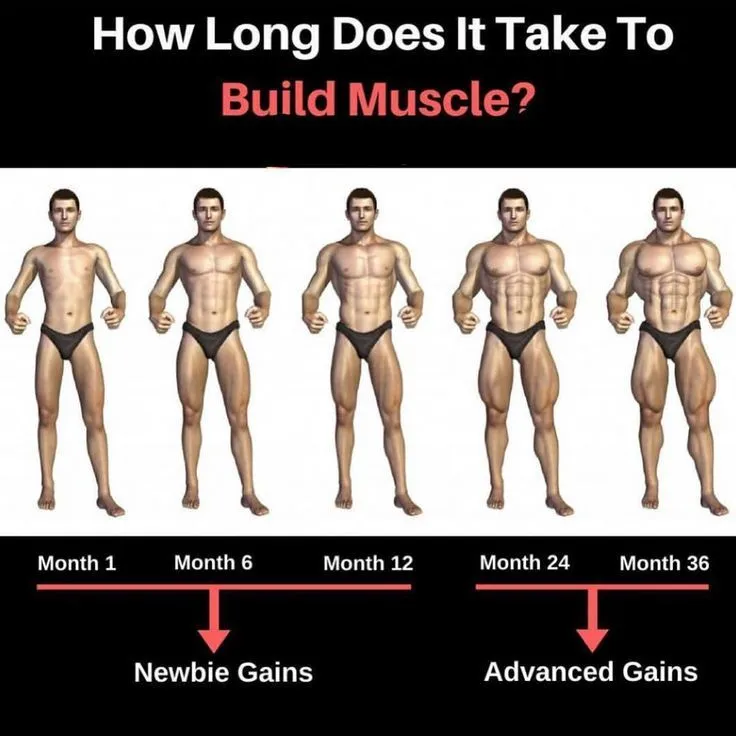
Credit: mobilephysiotherapyclinic.in
Rest And Recovery
Rest and recovery play crucial roles in muscle growth. Quality sleep and rest days help muscles repair and strengthen, accelerating gains. Consistent recovery routines ensure optimal performance and prevent injuries.
Sleep’s Role
Sleep helps muscle growth. During sleep, the body repairs muscle tissues. Kids need at least 9 hours of sleep. Adults need at least 7-8 hours of sleep. Good sleep improves muscle strength and performance. Poor sleep slows down muscle recovery. Always aim for quality sleep.
Active Recovery Methods
Active recovery helps muscles heal. Walking is an easy method. Stretching can reduce muscle stiffness. Yoga helps with flexibility and relaxation. Light swimming can soothe sore muscles. Choose activities that are low in intensity. They help improve blood flow to muscles.
Supplements For Muscle Gain
Protein powder is a top choice for muscle gain. It helps muscles grow faster. Creatine is also popular. It boosts energy during workouts. BCAAs help with muscle recovery. They reduce soreness after exercise. Beta-Alanine can improve performance. It delays muscle fatigue.
Always check labels for safety. Look for certified products. Consult a doctor before starting. Avoid taking too much. Too many supplements can be harmful. Read the instructions carefully. Drink lots of water. This helps flush out toxins.

Credit: www.healthline.com
Tracking Progress
Track your progress by keeping a workout log. Write down the weights you lift and the reps you complete. Take photos of your body every month. This helps you see physical changes over time. Use a measuring tape to track body parts like arms and chest. Check your weight on a scale weekly. These methods show if you are building muscle.
Sometimes, you need to change your workout plan. If you stop gaining muscle, try lifting heavier weights. Add new exercises to your routine. Make sure to eat enough protein. Rest is also important. Get enough sleep every night. If you are still not making progress, consider speaking to a trainer.
Common Pitfalls
Overtraining can cause muscle fatigue and injuries. Muscles need rest to grow. Training every day can lead to burnout. It’s important to listen to your body. Take at least one rest day each week. This helps muscles recover and get stronger. Quality workouts matter more than quantity.
A poor diet can hinder muscle growth. Eating too little protein affects muscle repair. Consuming too many junk foods adds unwanted fat. Balanced meals with protein, carbs, and fats are essential. Drink enough water to stay hydrated. Avoid skipping meals; it slows down muscle gains. Proper nutrition boosts your results.
Mental Strategies
Set small goals to keep yourself motivated. Celebrate each achievement. Track your progress regularly to see improvements. Visualize your success to stay inspired. Join a community of like-minded people for support. Reward yourself for staying on track. Stay positive and focus on your journey.
Create a daily routine that includes workouts. Stick to your schedule. Prioritize your workouts like important meetings. Find a workout buddy to stay accountable. Use reminders to keep yourself on track. Stay consistent, even on tough days. Patience is key; results take time.
Frequently Asked Questions
How Long To Build Noticeable Muscle?
Building noticeable muscle usually takes 8-12 weeks of consistent training. Results depend on factors like diet, exercise routine, and genetics. Persistence and dedication are key.
What Is The Best Workout For Muscle Growth?
Compound exercises like squats, deadlifts, and bench presses are best. They target multiple muscle groups and promote overall growth. Consistency is crucial.
How Important Is Diet In Muscle Building?
Diet is crucial for muscle building. Consuming enough protein, healthy fats, and carbs fuels muscle growth. Proper nutrition speeds up recovery and enhances results.
Can Beginners Build Muscle Fast?
Beginners often see quick muscle gains initially. This is due to new stimulus on untrained muscles. Consistent training and proper diet enhance these gains.
Conclusion
Building muscle takes time, dedication, and the right approach. Consistency in workouts and proper nutrition are crucial. Remember to listen to your body and adjust routines as needed. Patience and perseverance will lead to noticeable gains. Stay committed, and you’ll see the results of your hard work and effort.

